There are numerous benefits of having a credit card. You have the convenience of payment, it helps you build your credit history, and you can even track your spending. In fact, if you have multiple credit cards, your credit rating builds even faster than only having one card! The catch is, you must successfully manage multiple cards at the same time. Otherwise, you may find yourself in a mountain of debt with multiple delinquencies and late fees being shoveled on every month as your credit score suffers. Here are 8 tips to help you confidently and successfully manage various credit cards even if you are disorganized.
Tip 1: Set up auto-pay
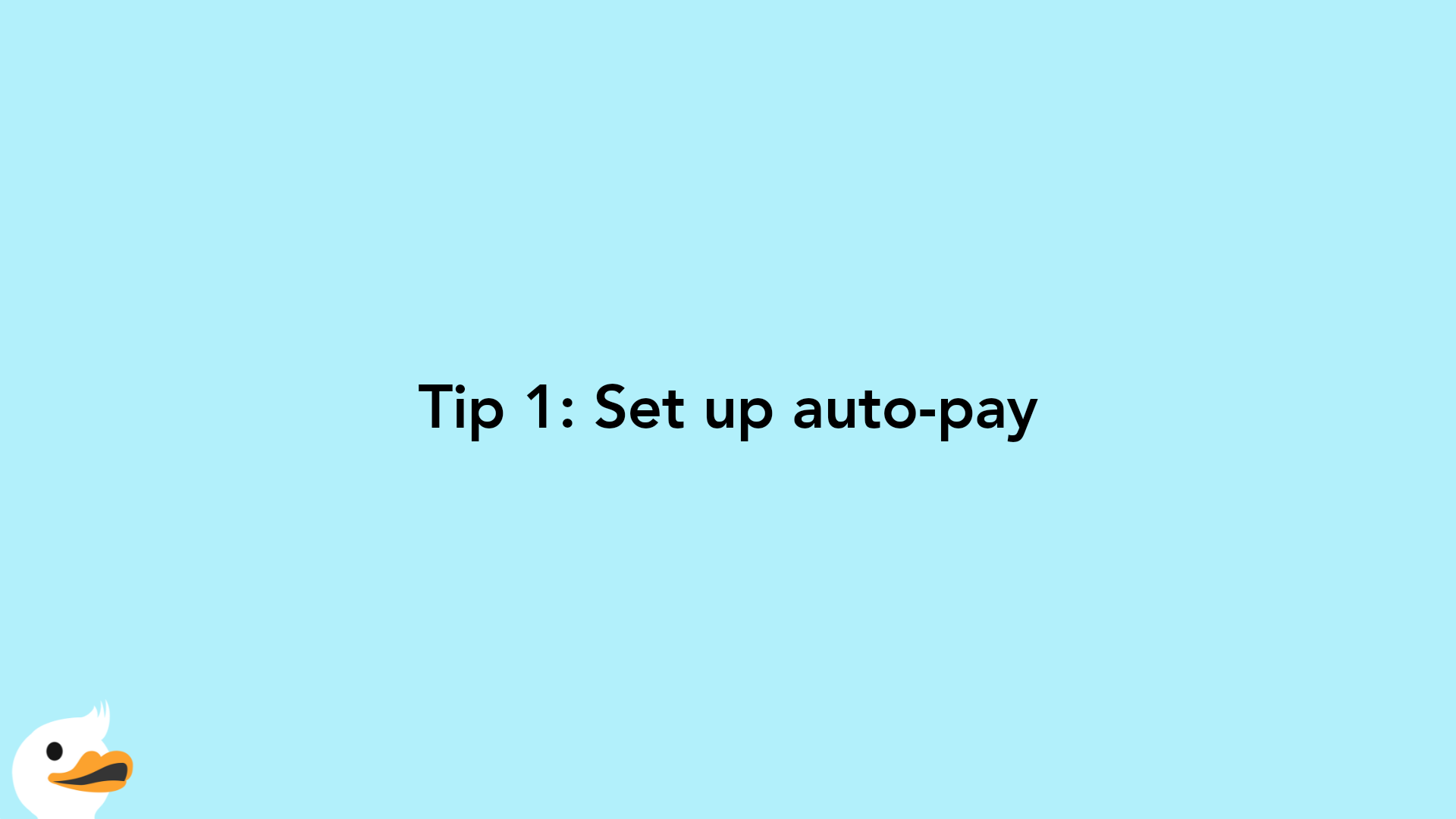
Most credit card issuers have an automatic payment feature. You can set up your credit card to automatically withdraw the minimum payment amount, the full statement balance amount, or a fixed amount from your bank account.
It is always recommended to pay your full statement balance every time to avoid incurring interest on the remaining balance. However, this also means that you need to keep track of your checking account balance. You need enough cash in your account to cover all the automatic payments, or your bank will charge you an overdraft fee.
Tip 2: Set up reminders
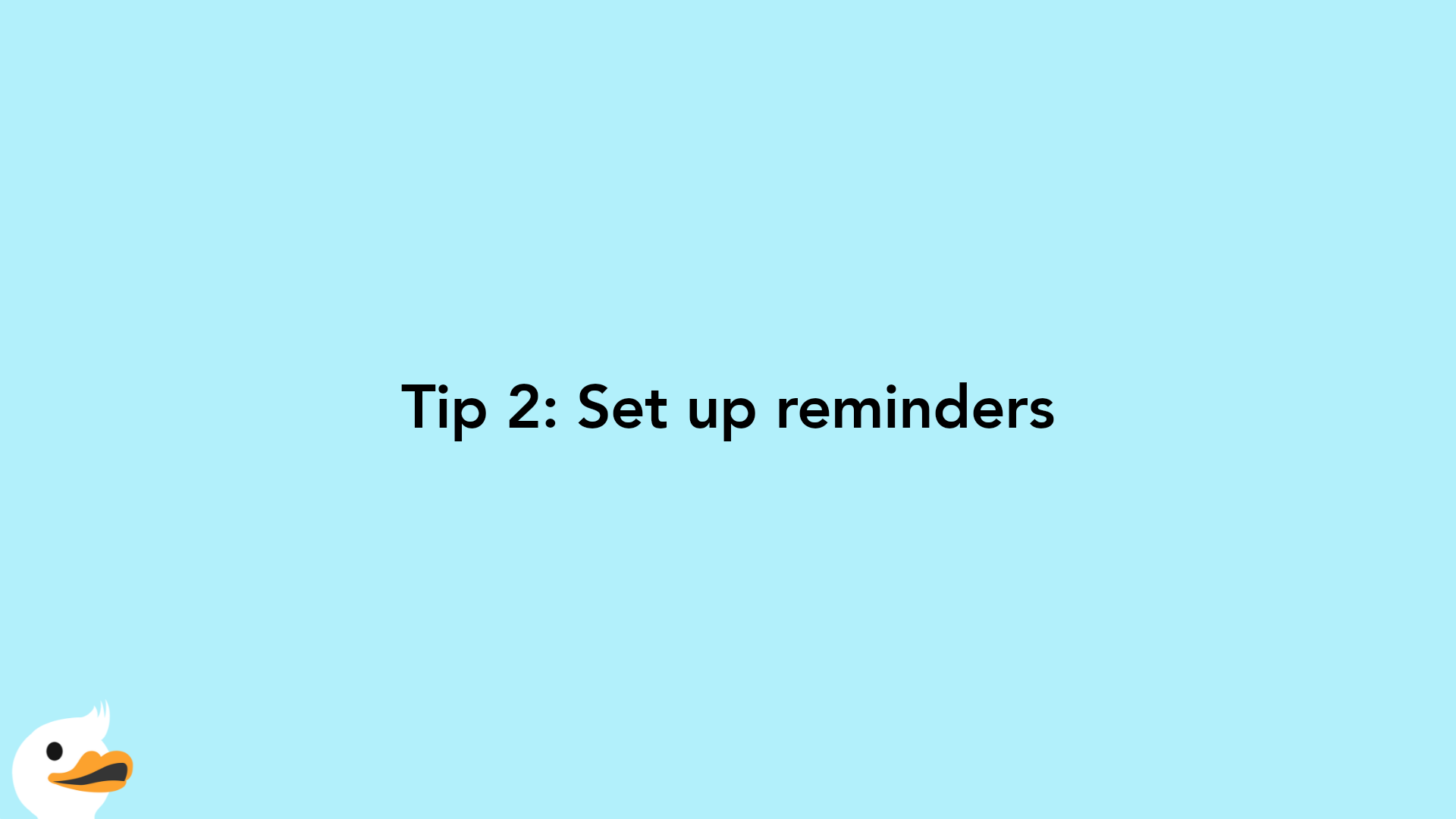
If you prefer to have more control over your credit card payments, set up email or text alerts to remind you to pay your bill. Alternatively or additionally, you can set up a recurring calendar reminder on your phone or computer.
Be sure to give yourself a few days of wiggle room before the actual bill is due. Furthermore, be specific in your reminder. State which credit card needs to be paid and by what date. When you get the reminder, pay the bill immediately. Do not procrastinate or put it off until later.
Tip 3: Request to change your due date
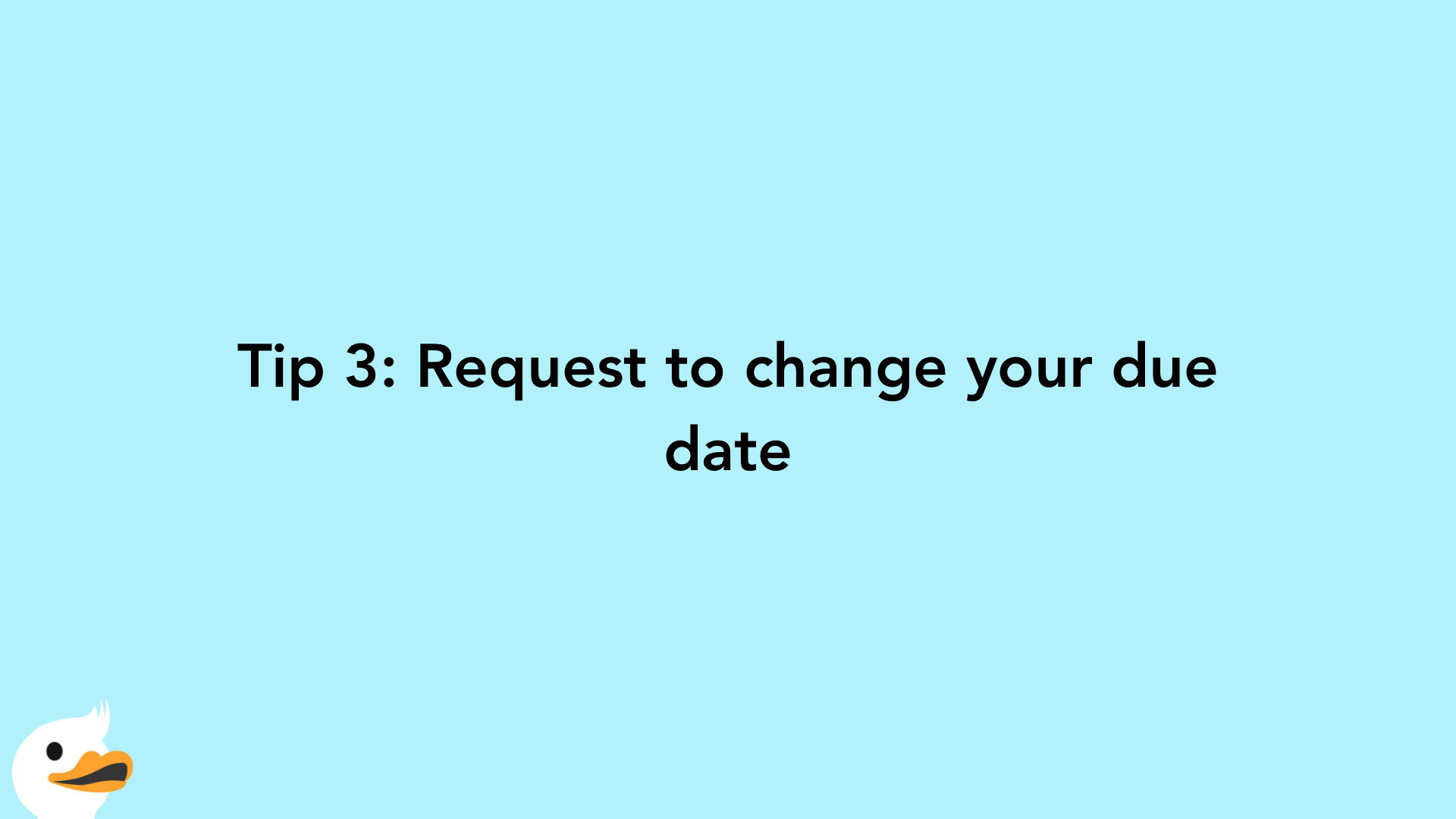
If all your credit cards are due at the same time, it may work to your benefit or your demise. With one due date, you will be able to pay all your bills at the same time. Ideally, you will be able to schedule this due date to coincide with your payday while also avoiding other due dates such as your rent or mortgage payment.
Keep in mind that credit card issuers are not required to comply with your request. However, many are willing if you talk to them. Don't forget to set up reminders not to miss this new due date. If you do miss it, you'll be facing late fees on all your credit cards.
Tip 4: Keep track of purchases
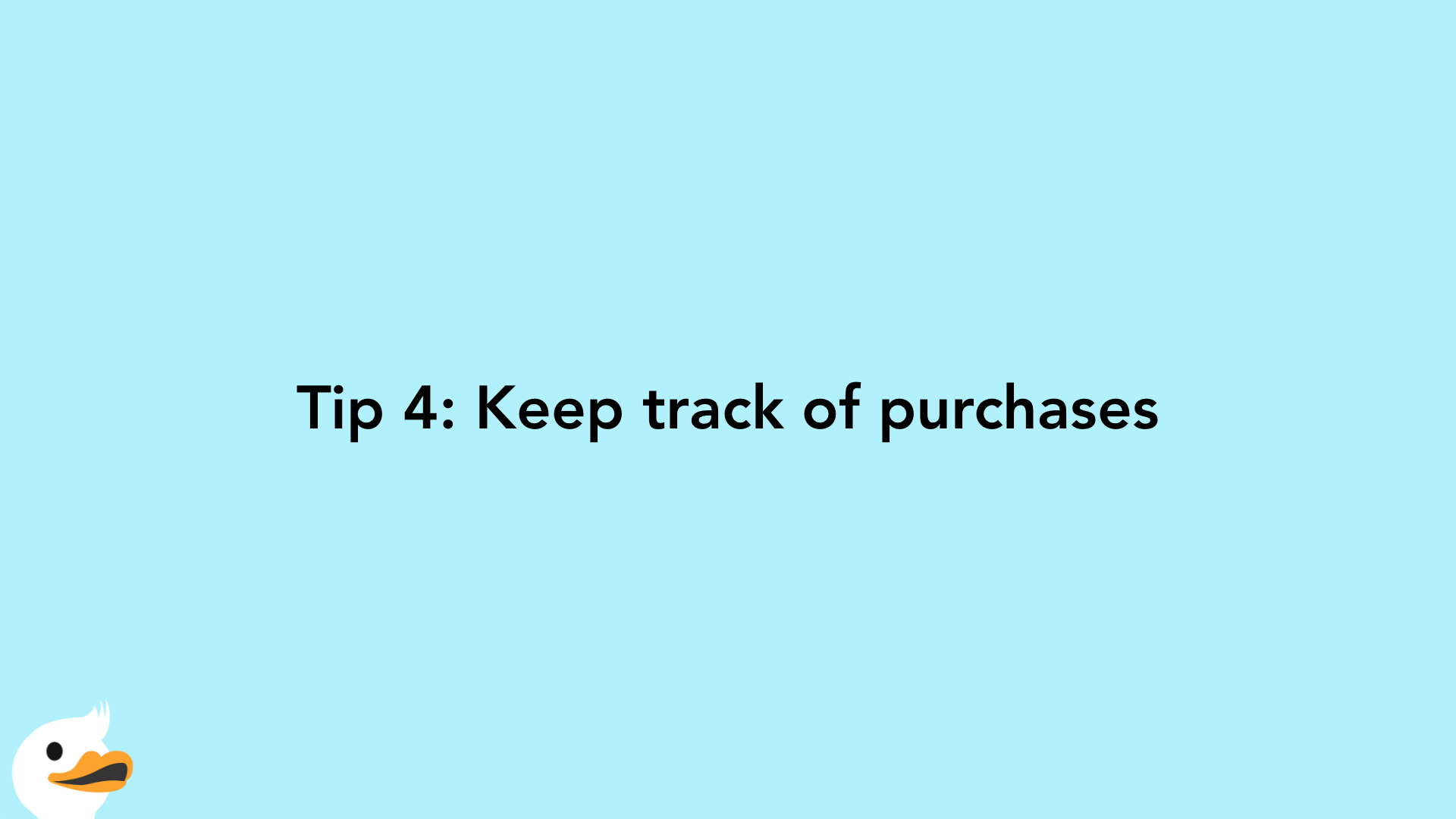
With multiple cards, it's difficult to know where you are spending your money and how much you can afford. It is recommended to create a spreadsheet of all your credit card transactions as well as terms and limits of each card, including annual fees and potential fee waivers. A spreadsheet will help you estimate if you end up carrying a balance on one credit card and calculate how much you will end up paying in interest.
More and more credit card issuers allow you to check your credit card accounts online. You can see pending transactions as well as your current balance. This will help protect you from credit card fraud and unauthorized use of your card sooner, as opposed to waiting for your credit card statement in the mail. As soon as you see suspicious activity, contact your card issuer immediately.
You should also use this spreadsheet to keep track of each card's rewards program. Some cards are straightforward cash back rewards. Others may have a minimum spending amount or minimum number of transactions per month. You will want to monitor your progress to maximize your credit cards' rewards.
Tip 5: Use the right card for each purchase
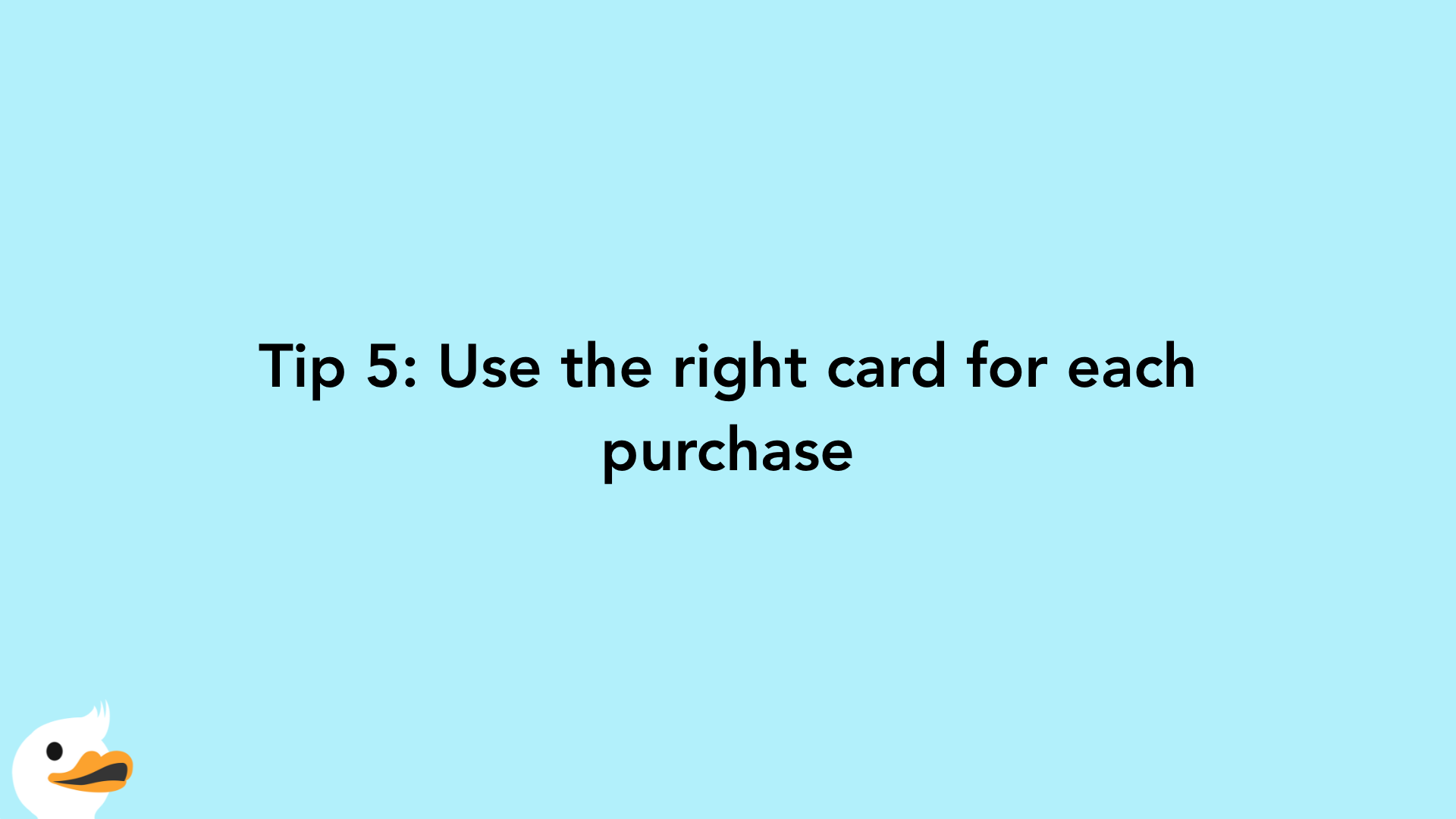
One of the hardest things about having multiple credit cards is knowing which one to use for which transaction to get the most rewards. Some cards have different reward rates for different categories.
Obviously, you would want to use your airlines reward credit card for your airfare purchase. Using your air miles card for air travel would reward you for your trip as well as activate the travel insurance perk on your credit card.
Try categorizing your cards. For example, if you are fueling up your car, use your Citi Cash Back Visa Credit Card to unlock the fuel savings. However, you could also make that card your designated groceries and dining card because it offers 8% cash back. That's perfect because this card also has a spending minimum.
On the other hand, if you are going to the movies, be sure to use your HSBC Revolution Visa Card to purchase their movie cards. Whereas, if you are shopping at Watson's for personal care items, you may consider using your POSB Everyday MasterCard.
Another tip is to leave the credit cards that you use the most frequently in your wallet. For instance, you may want to leave your airlines reward credit card at home. You likely will not be purchasing spontaneous plane tickets at work.
Tip 6: Avoid cards with annual fees
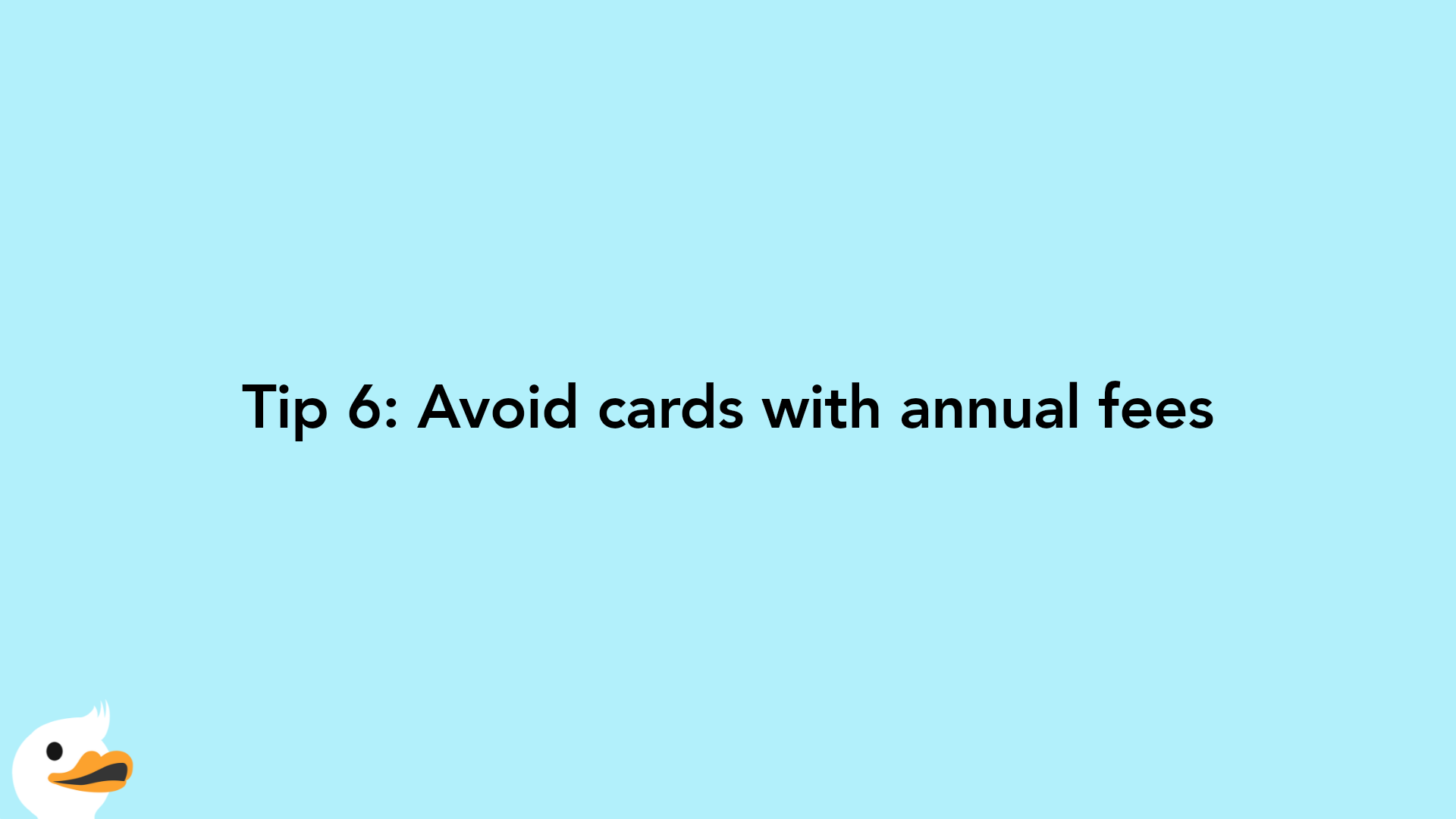
If you have multiple cards, you are likely spreading out your purchases and may not reach a credit card’s minimum spending requirement for a fee waiver. As a result, you should consider cards without yearly fees unless you spend a lot to earn enough rewards to justify the payment. This is where that spreadsheet comes in handy to calculate if what you spend makes having the card worth it.
Tip 7: Know your limit
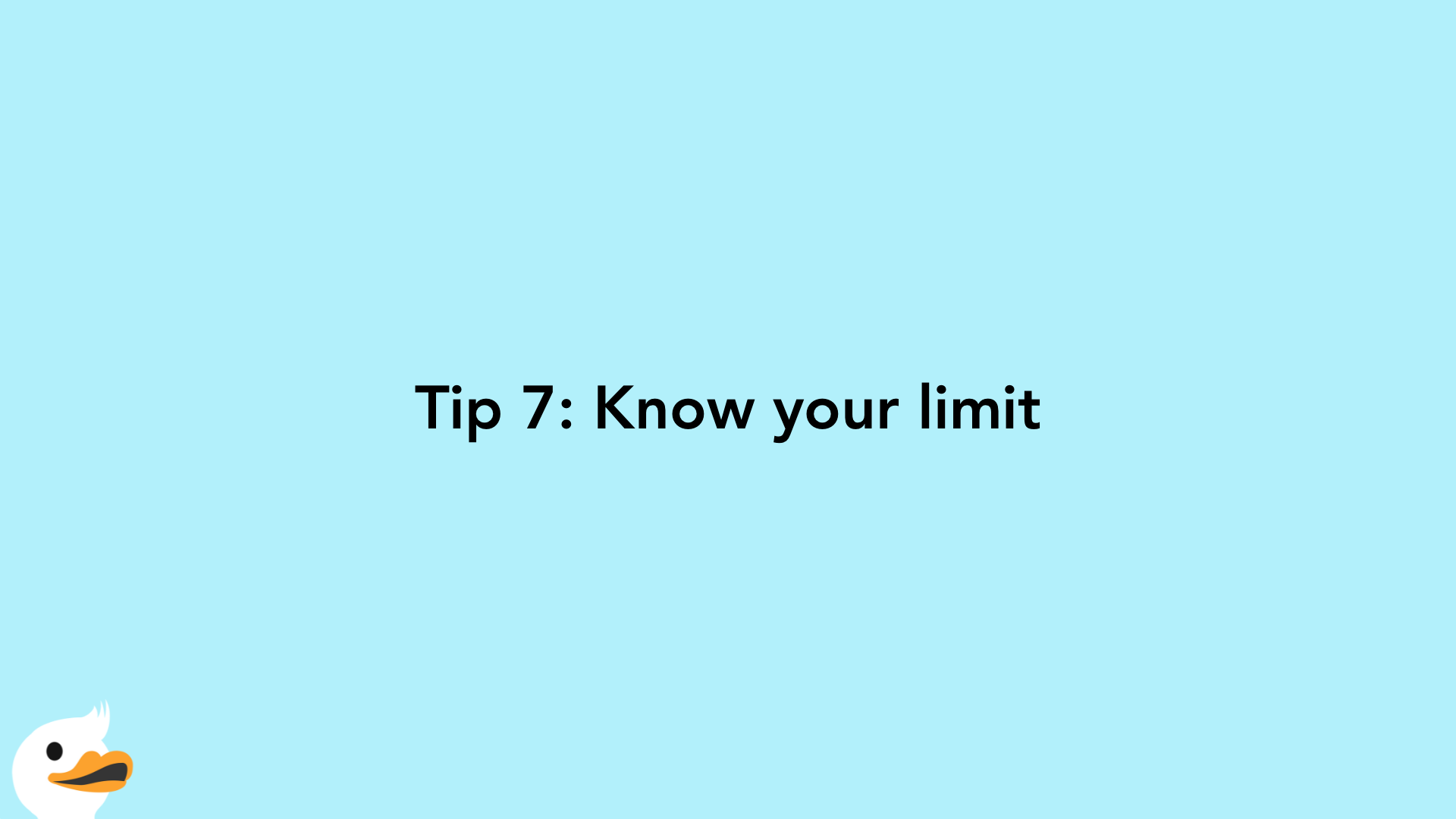
Even if you haven't maxed out all your credit cards, you need to know when you are starting to lose control over your finances. At this point, if you already have multiple cards, you should have a robust financial management system in place. Optimistically, the banks think you do since they approved you for all of your credit cards.
Living within your means indicates that you should always be able to pay your credit card bills in full. If you start to fall behind on payments and being accumulating credit card debt, it is time to reevaluate your spending.
Tip 8: Don't close any accounts
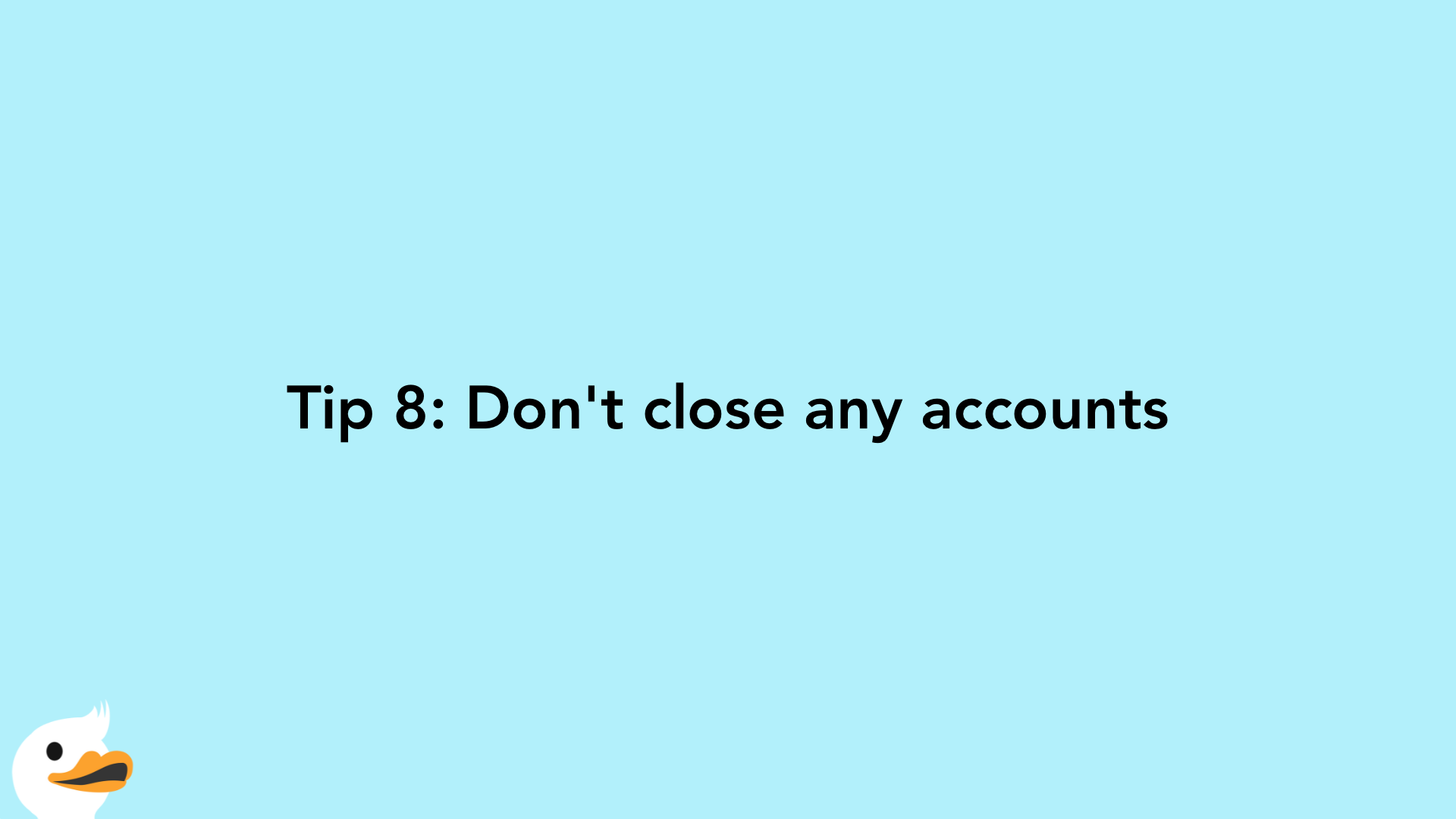
A portion of your credit score is calculated based on the length of your credit history. Most credit agencies will take the average of your credit cards. Even if you don't use a card, don't close the account unless it has an annual fee. Closing an account will temporarily cause your score to drop.
Ideally, you want open and active accounts on your credit report. This also means that prolonged inactivity is not recommended. In fact, credit card issuers can automatically close an account if you haven't used it for a significant amount of time.
In other words, even if you don't use your card regularly, don't close the account. Instead, use each credit card at least once in a while to keep it open and active to help build your credit rating.
Final Thoughts

Having multiple credit cards can help you rack up rewards by maximizing the benefits of each card. It also increases your overall credit limit, giving you access to funds when you need it. Remember to use your cards wisely and pay them off in full and on time. By setting up reminders, spending only what you can afford, and knowing each of your credit cards well, you will successfully manage multiple credit card at the same time.


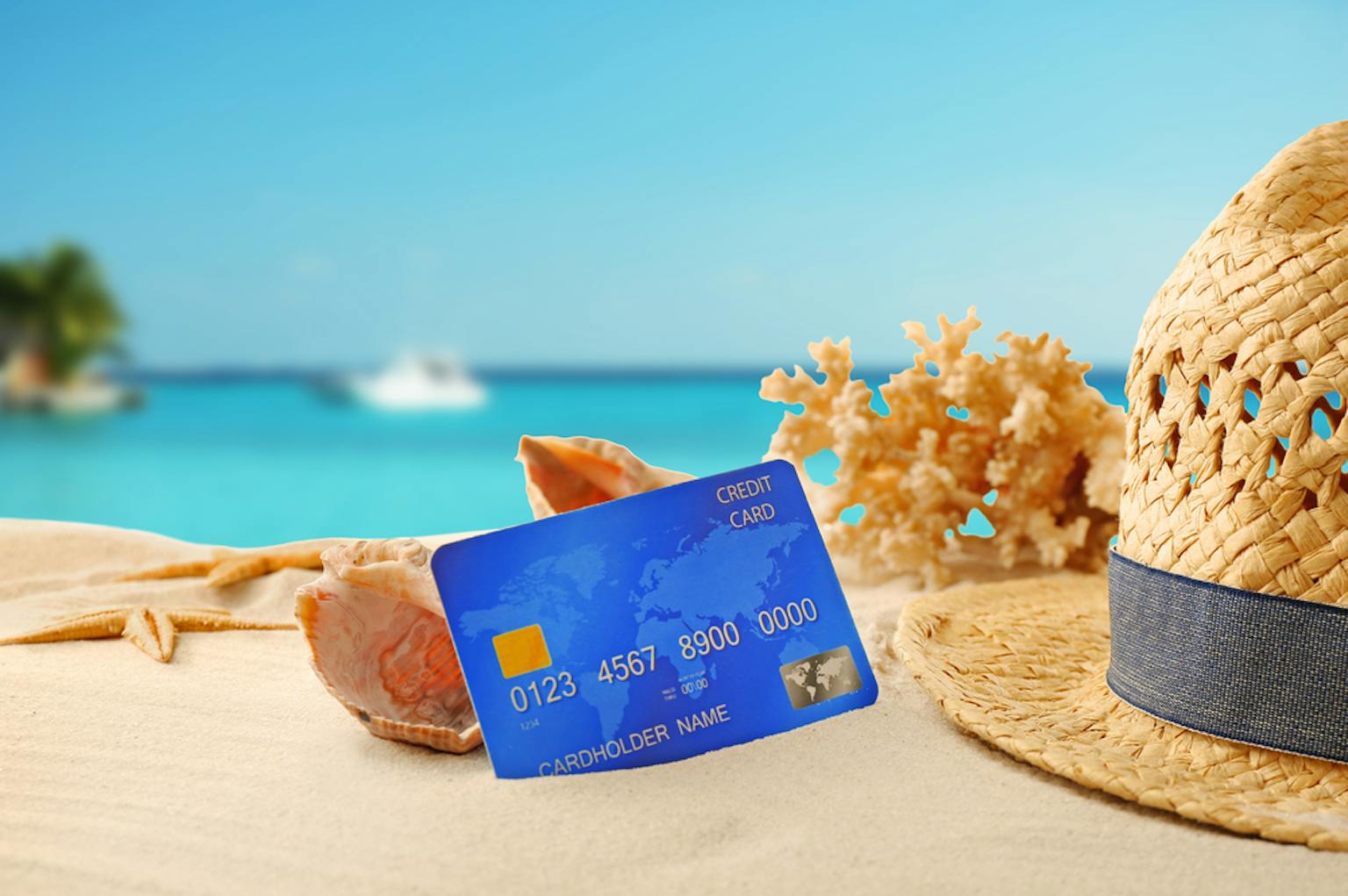
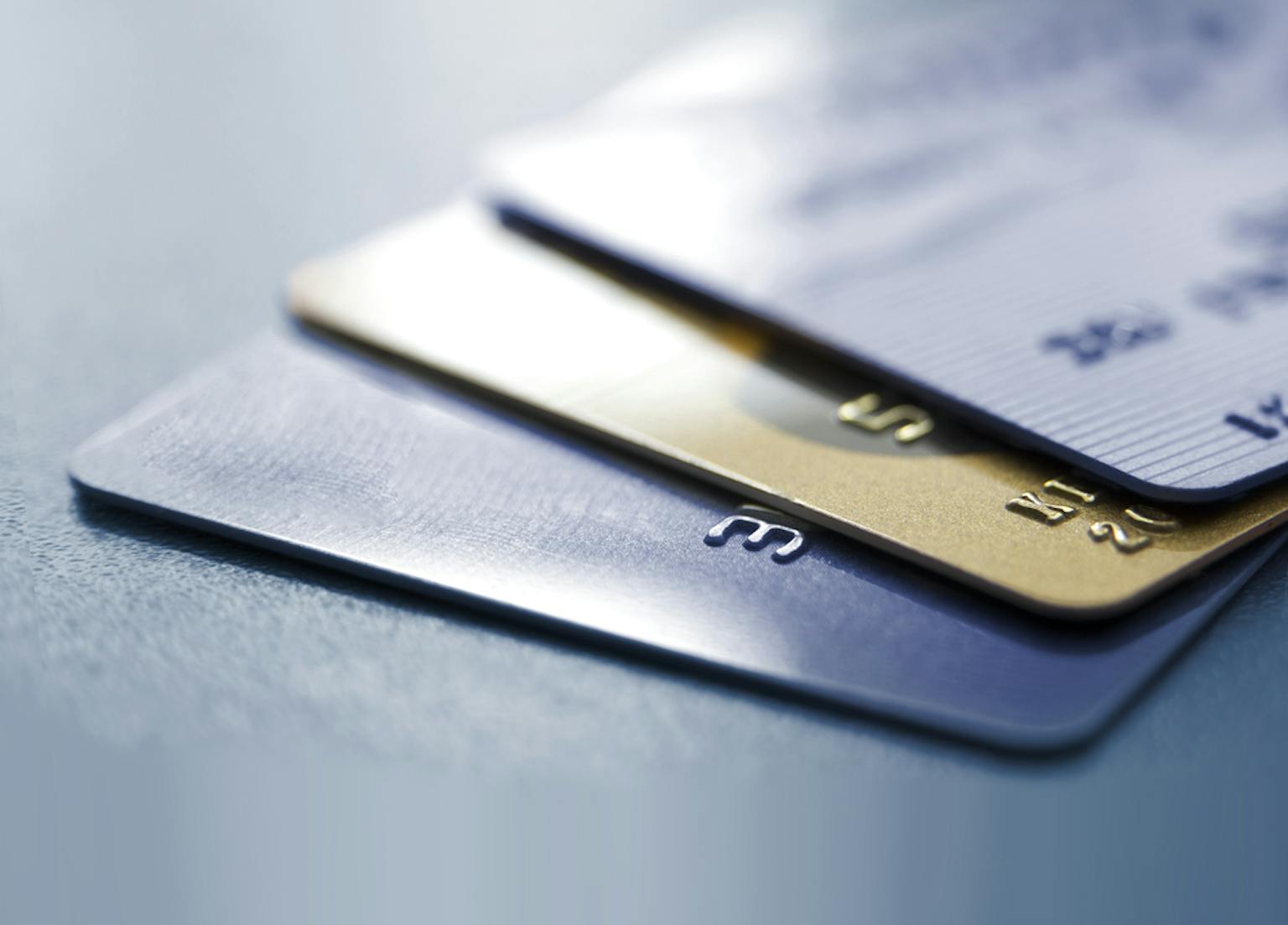


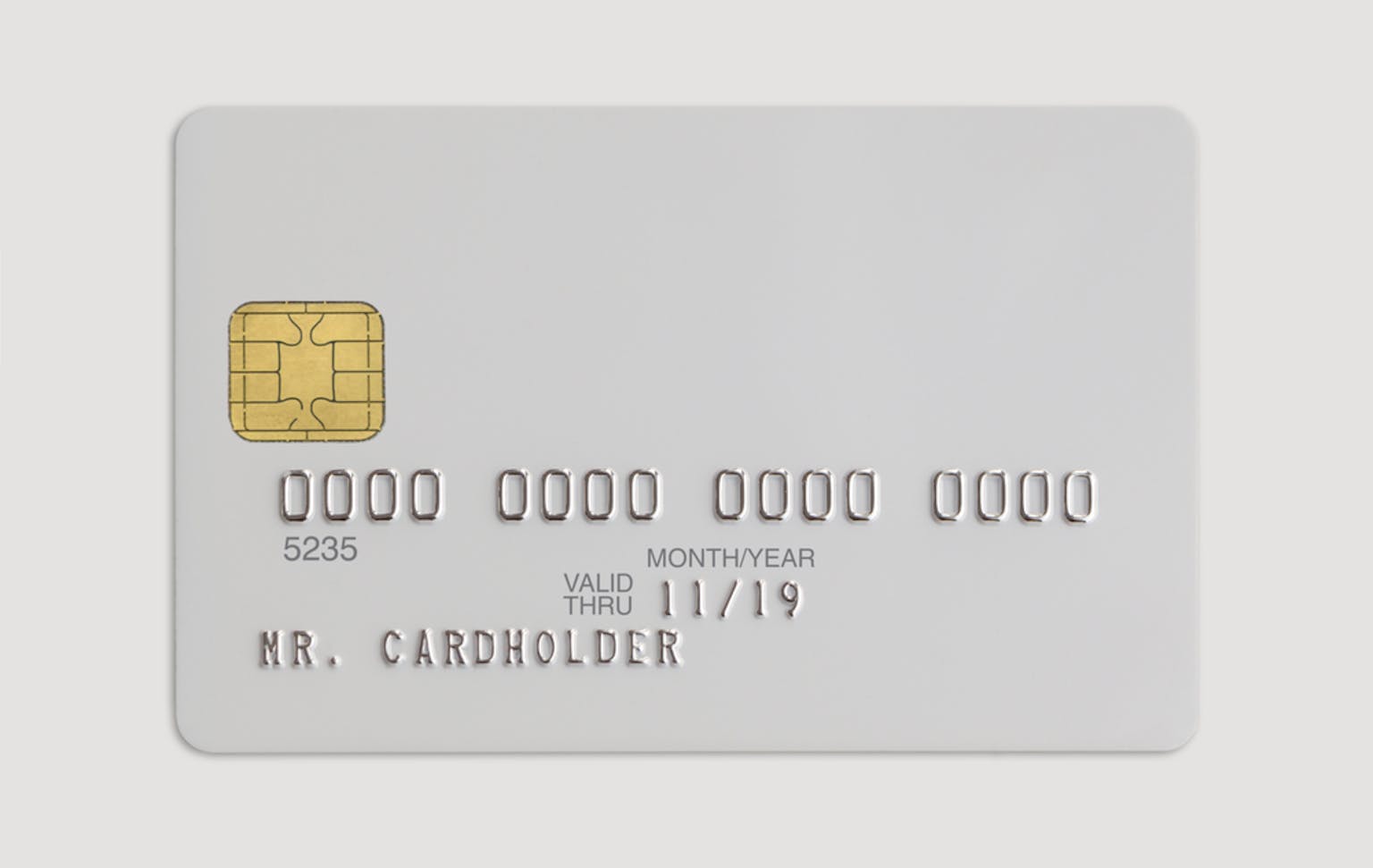
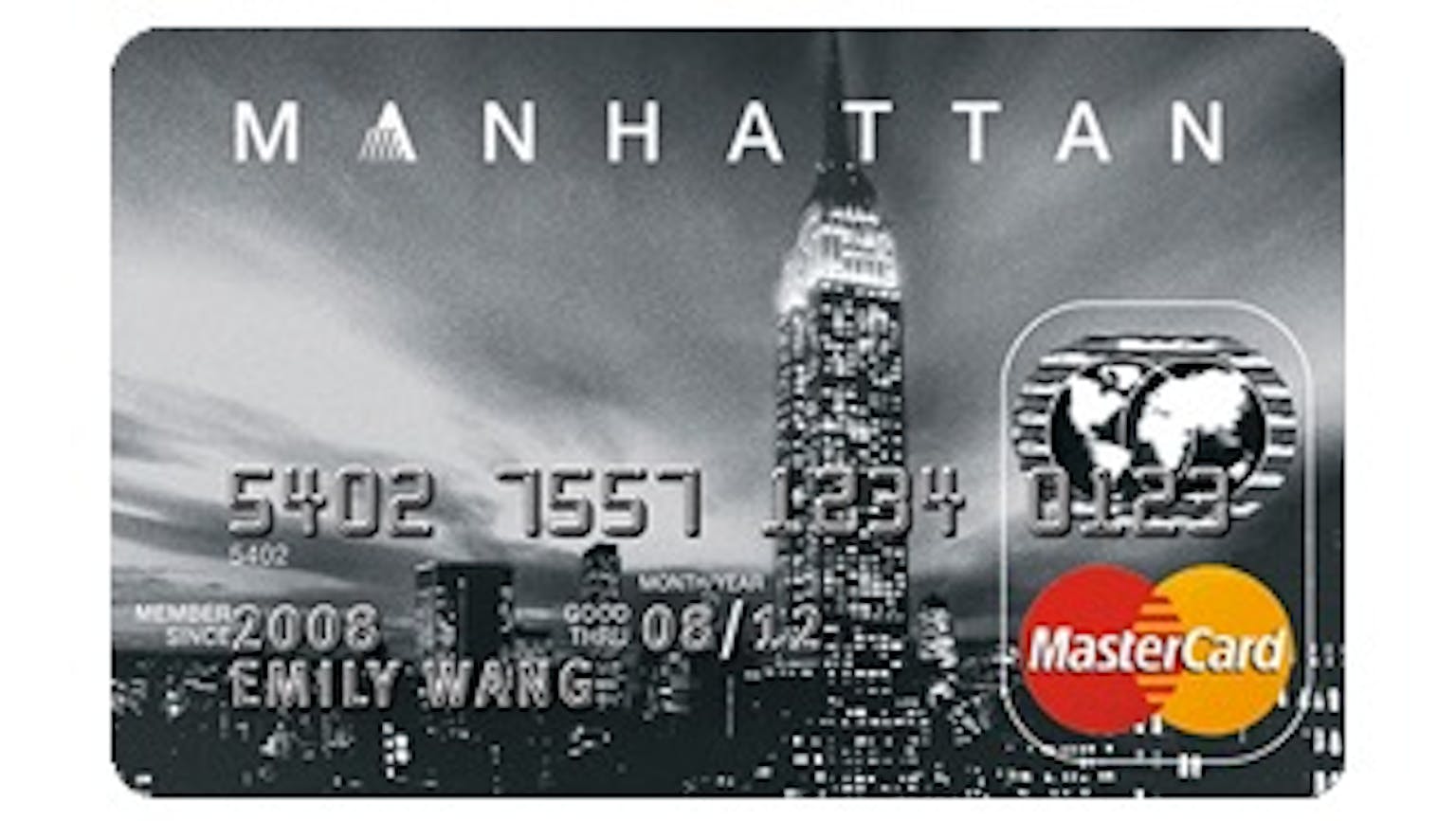
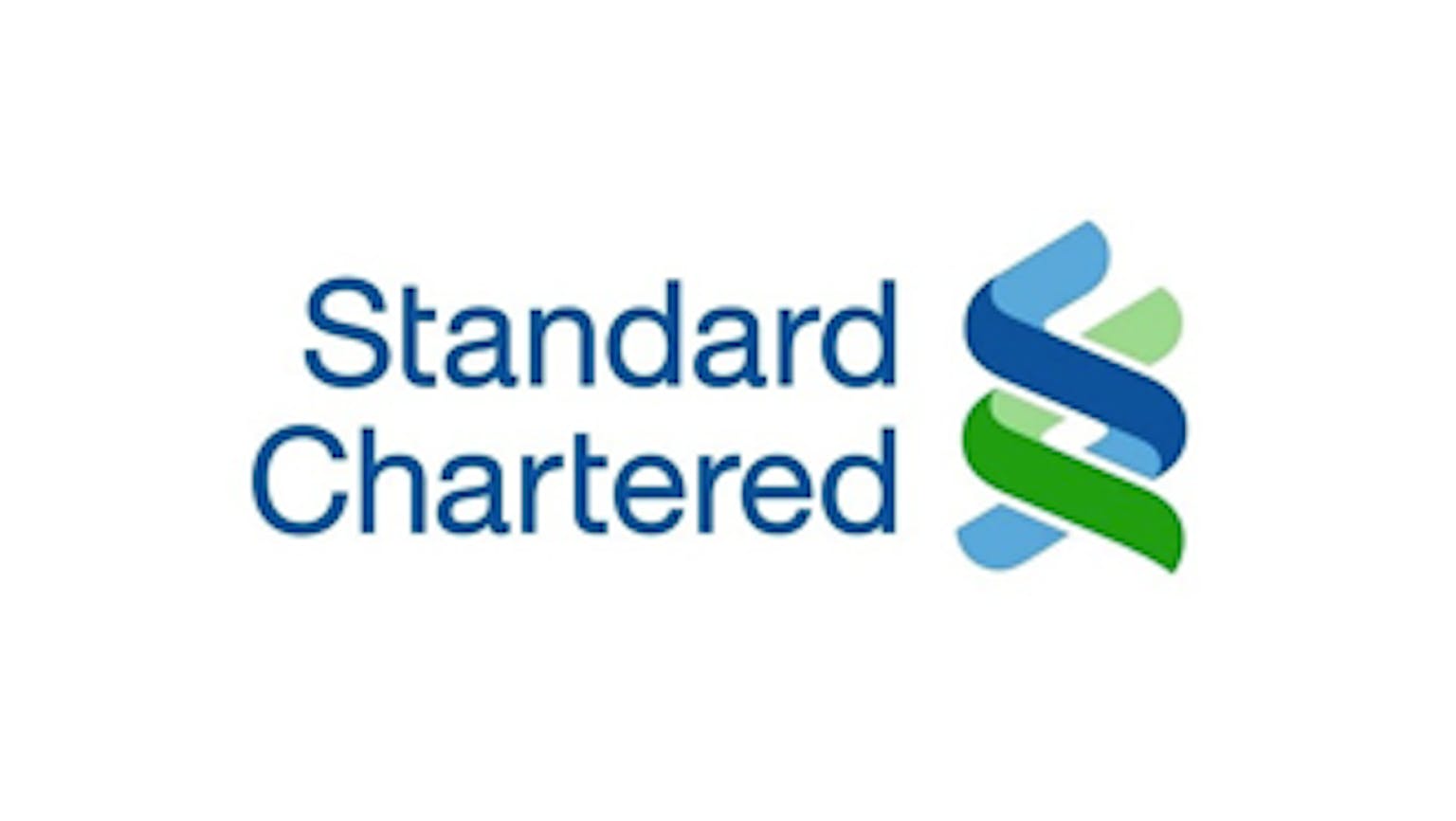
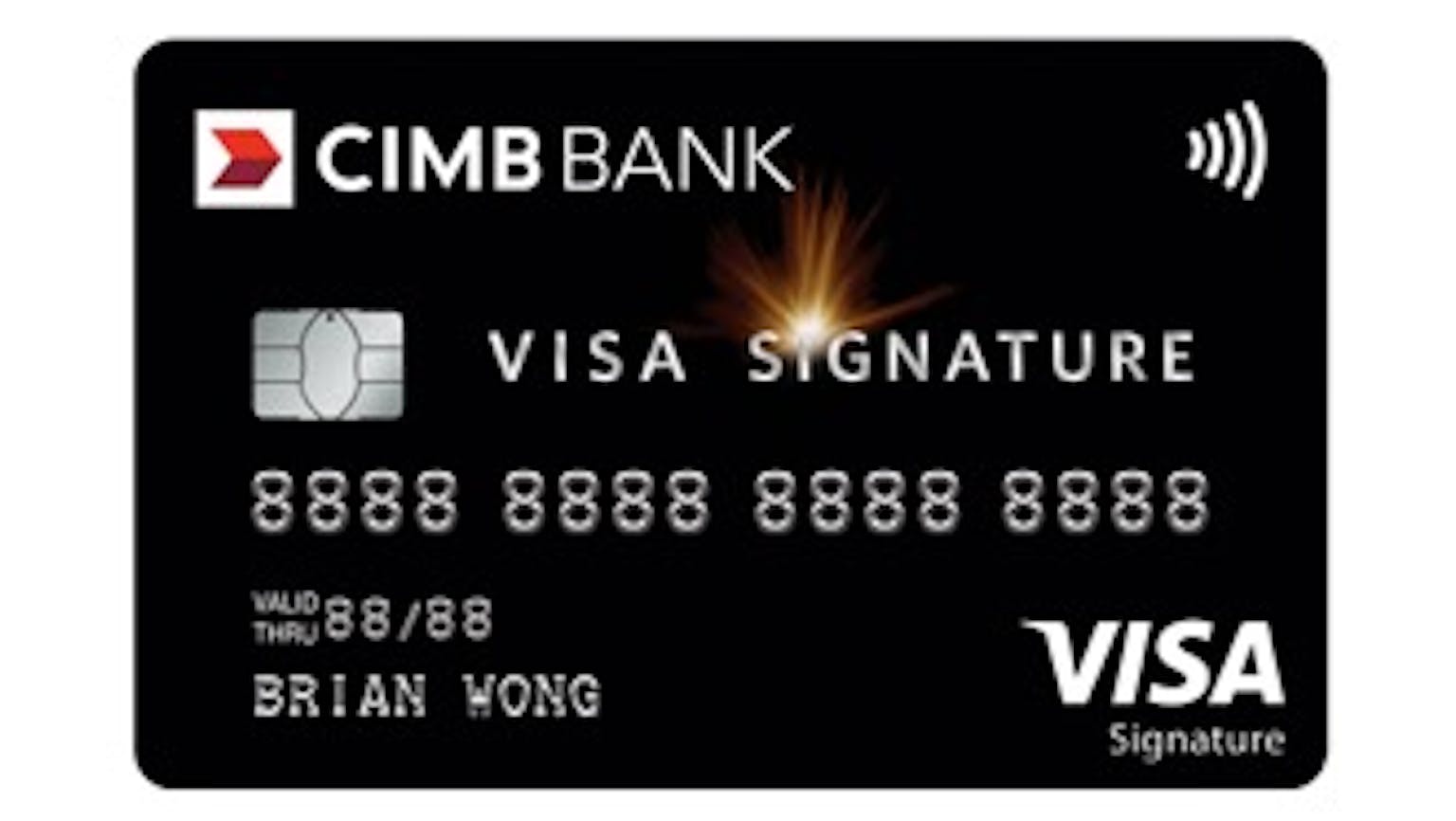
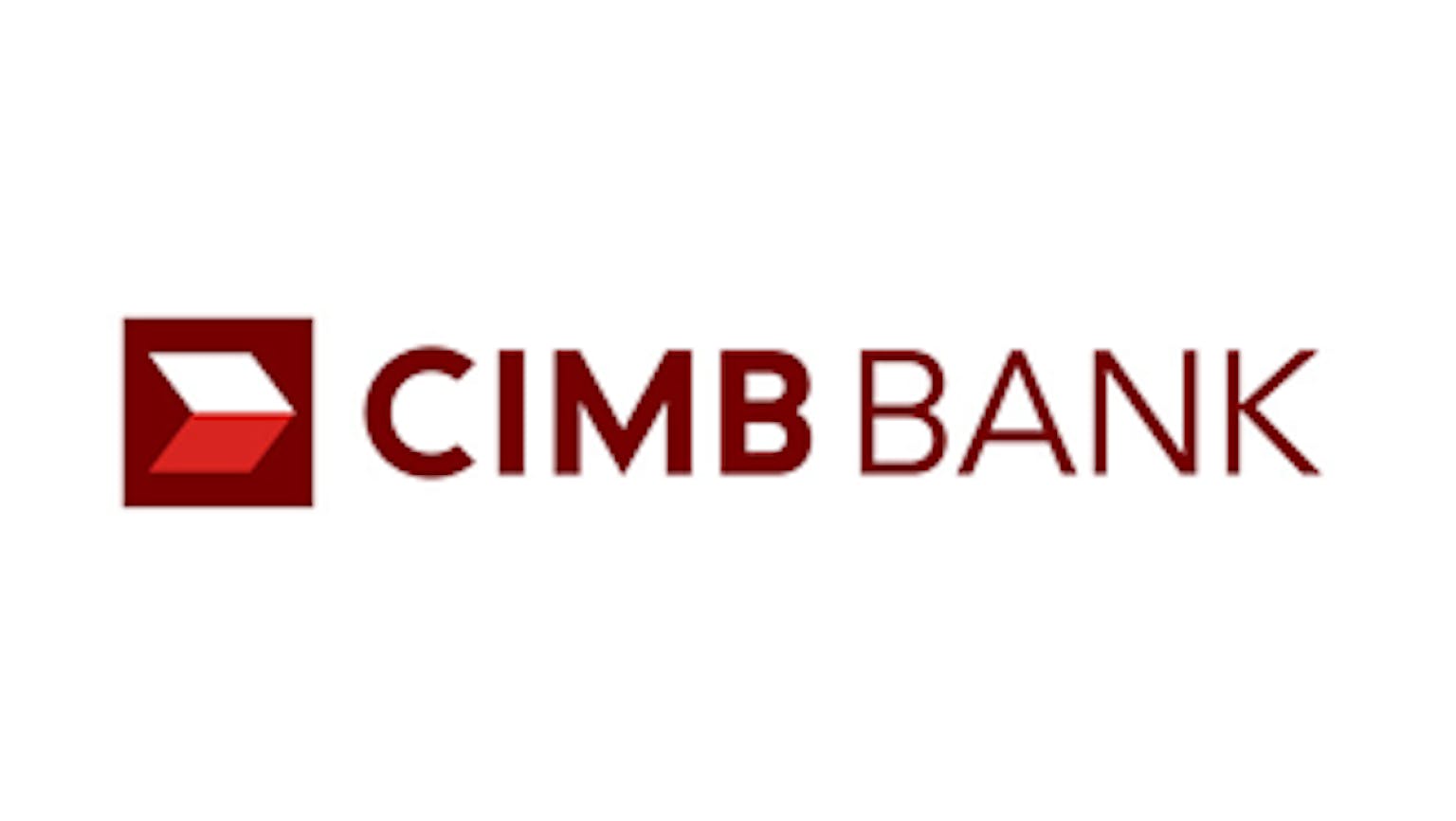
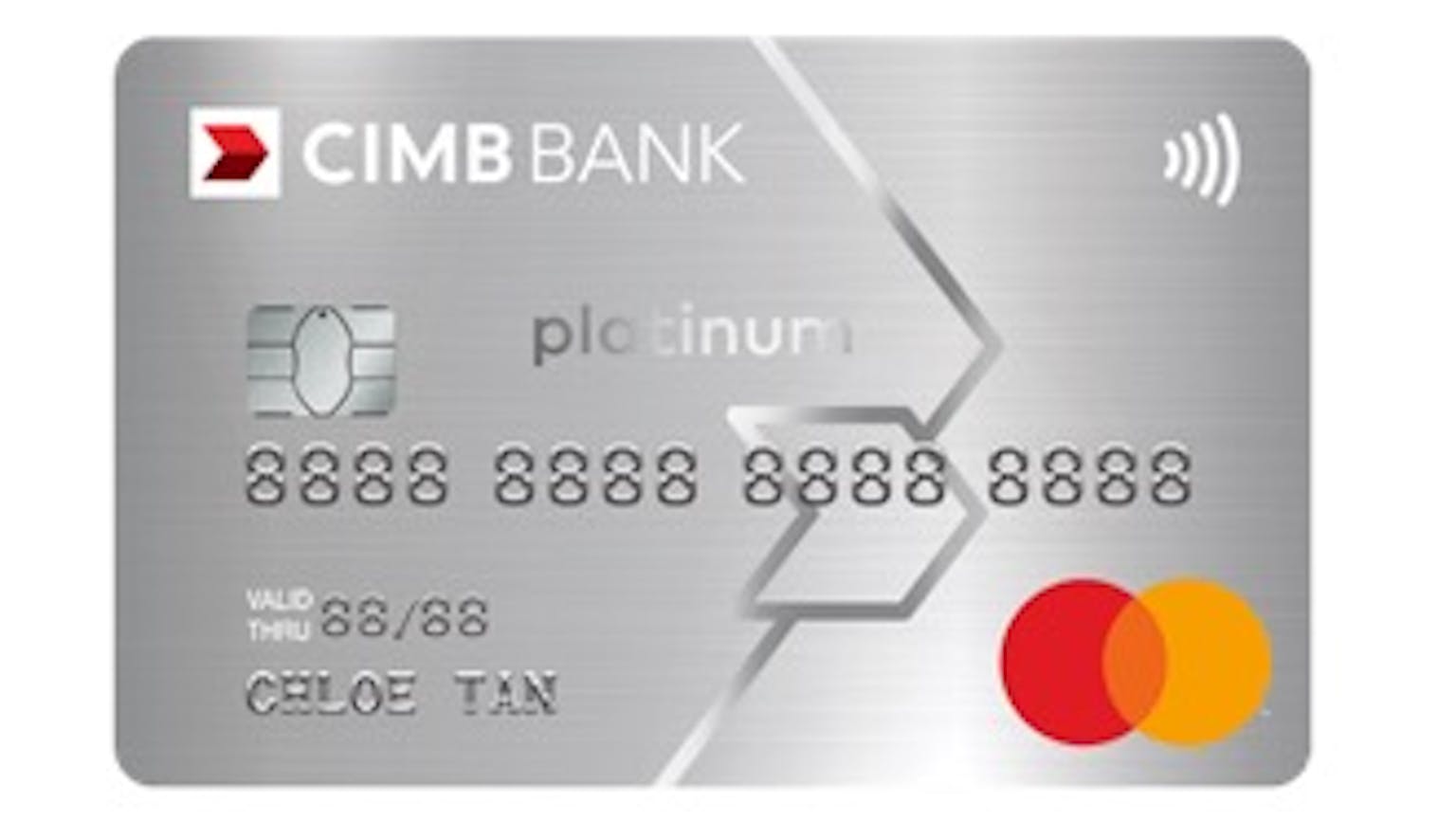
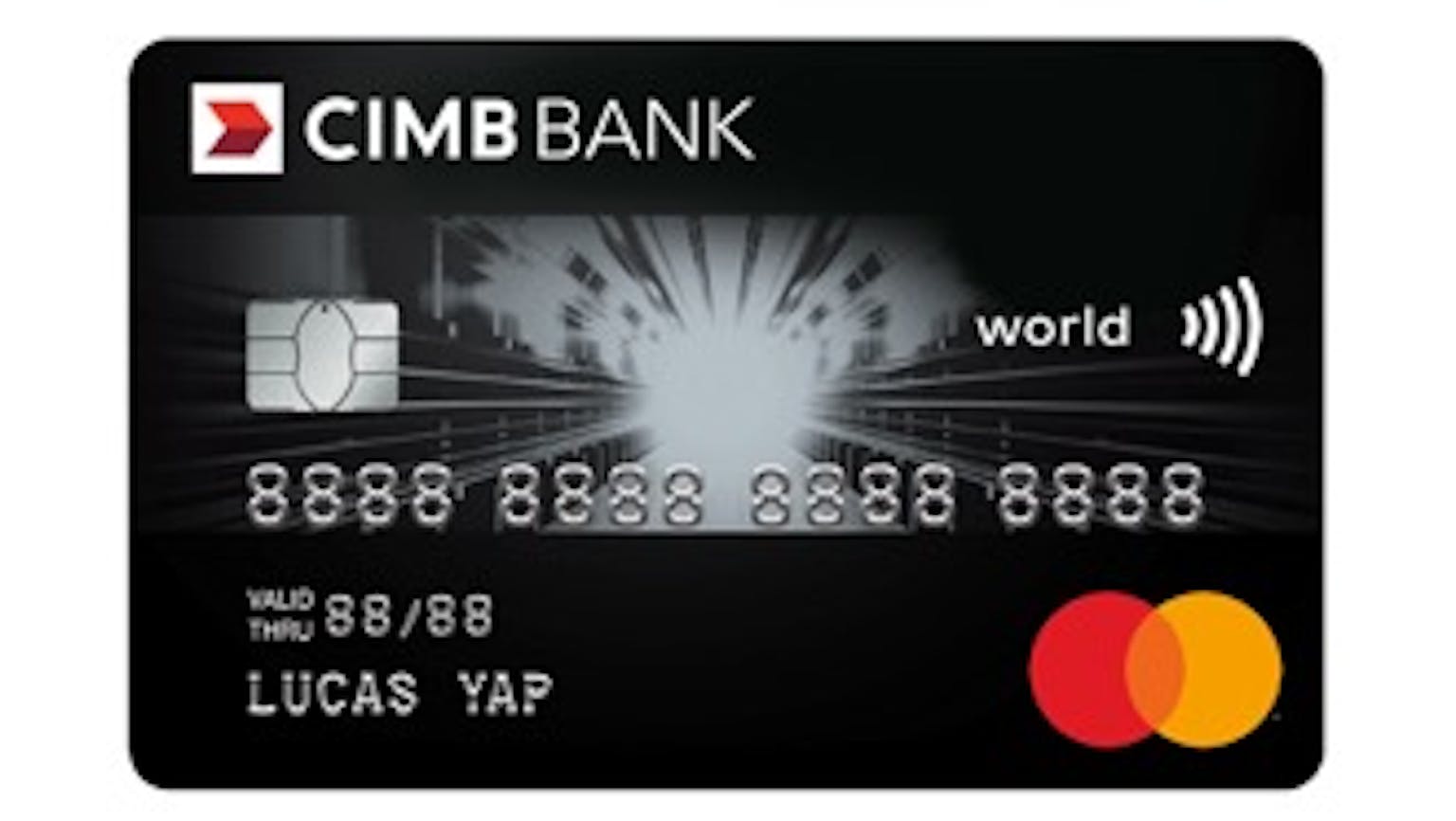
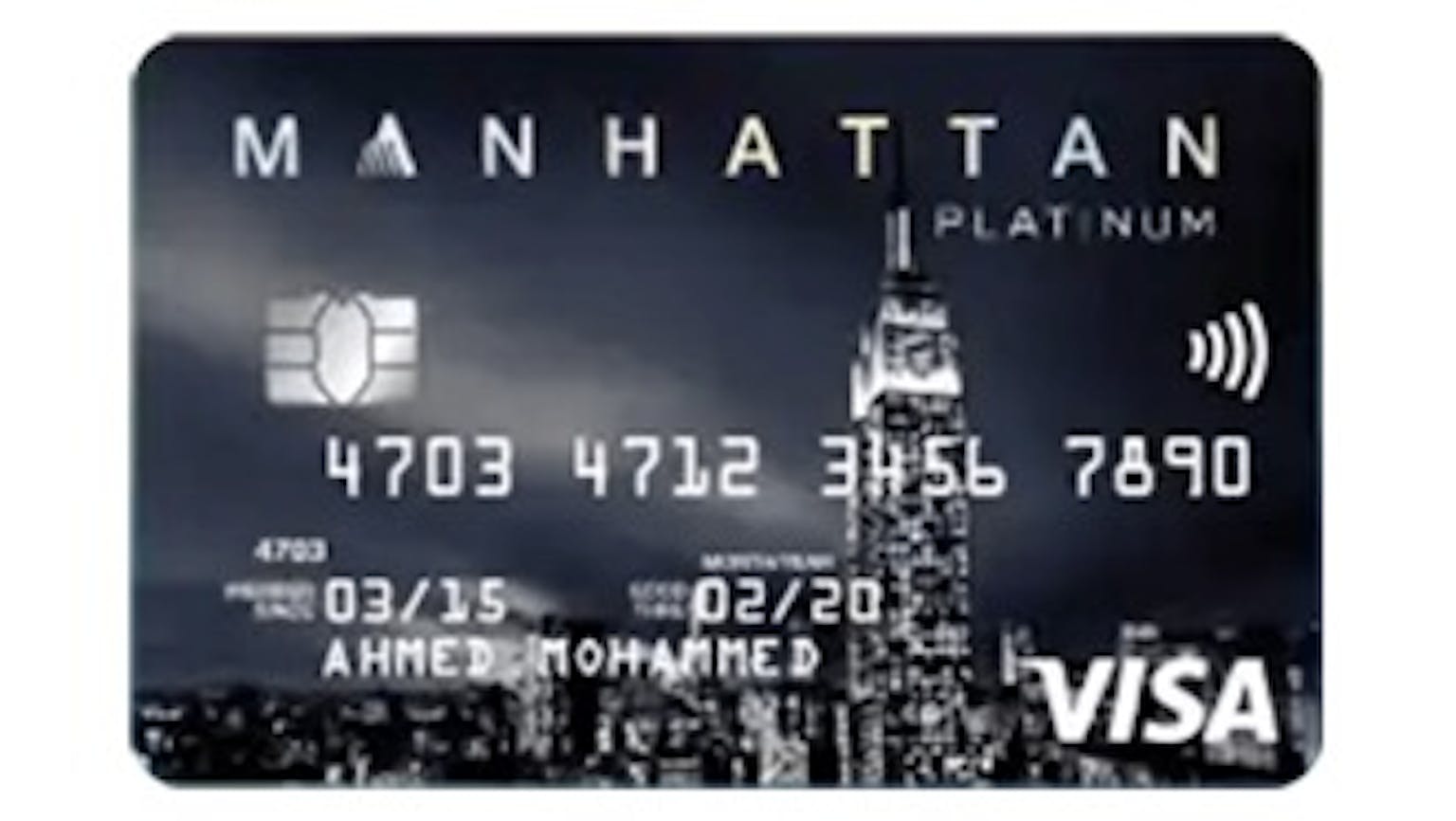
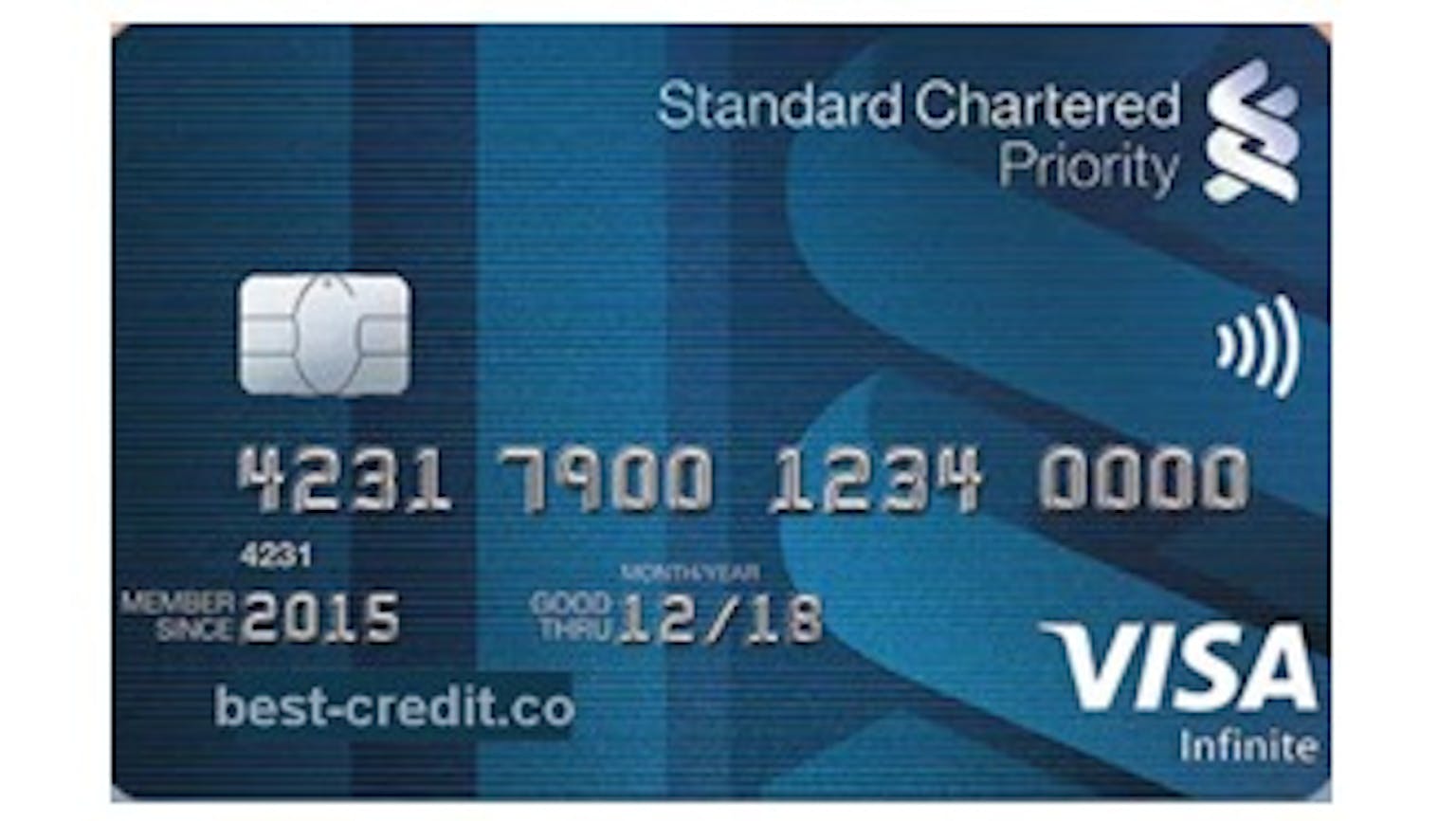

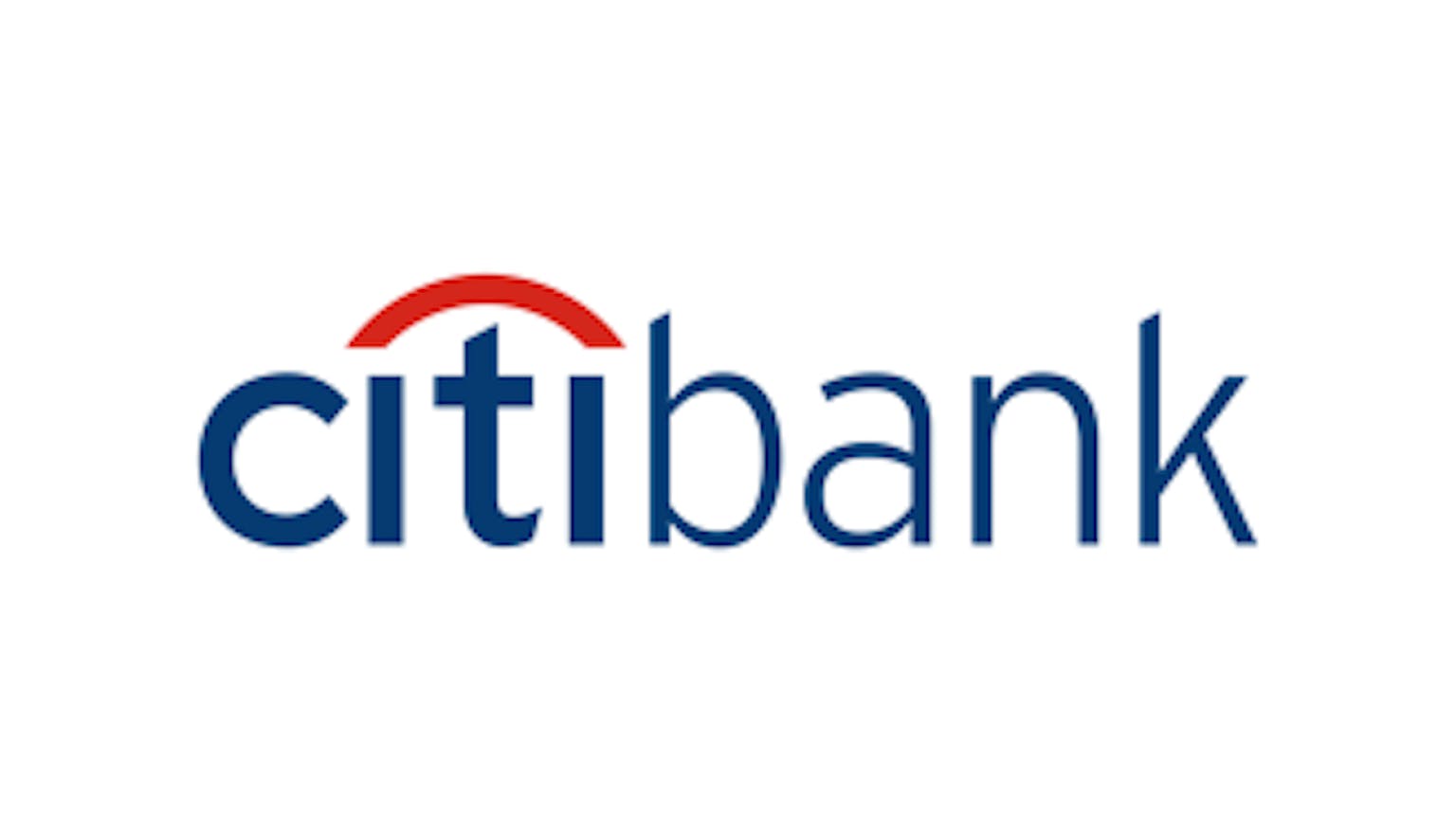
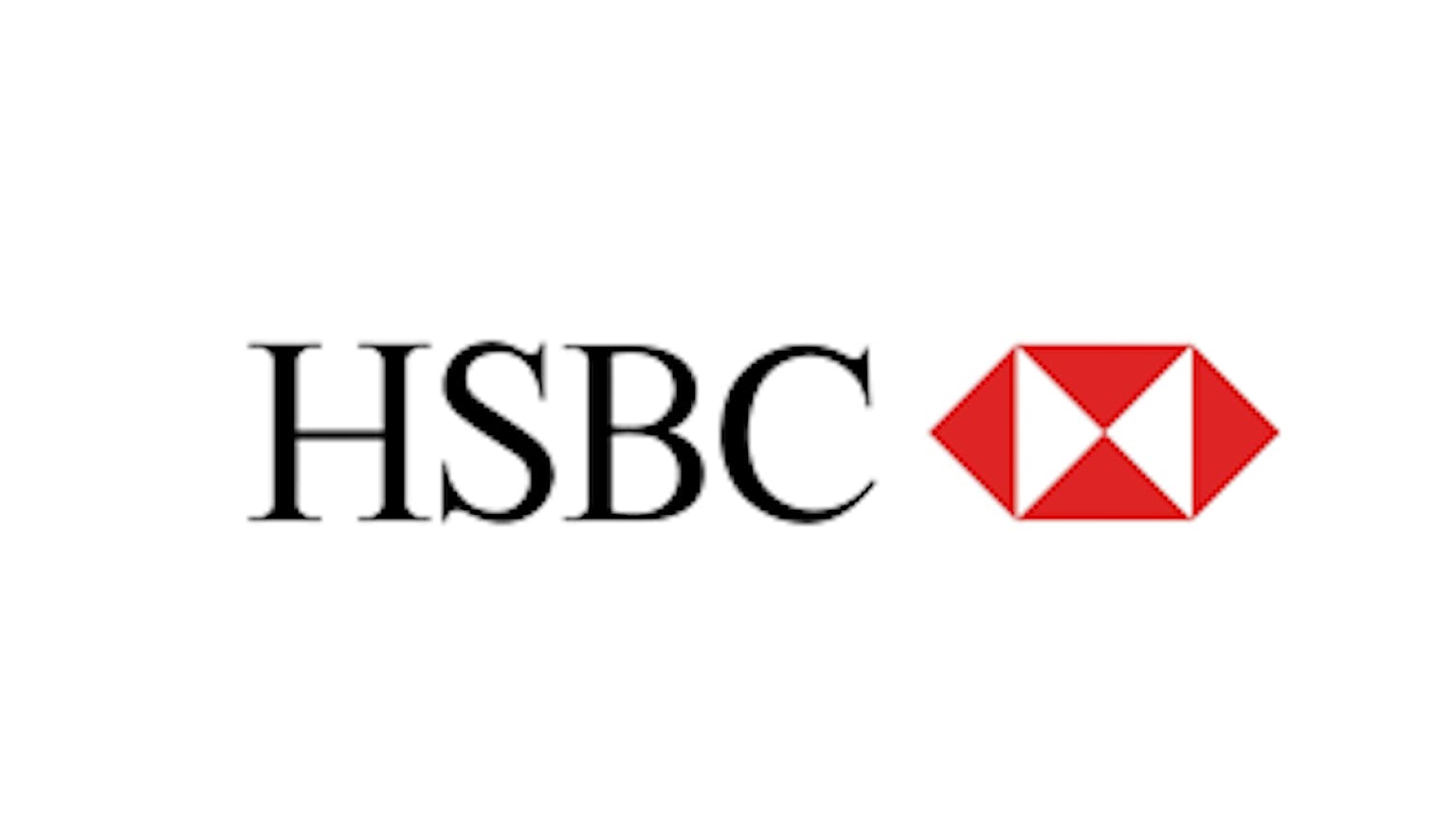
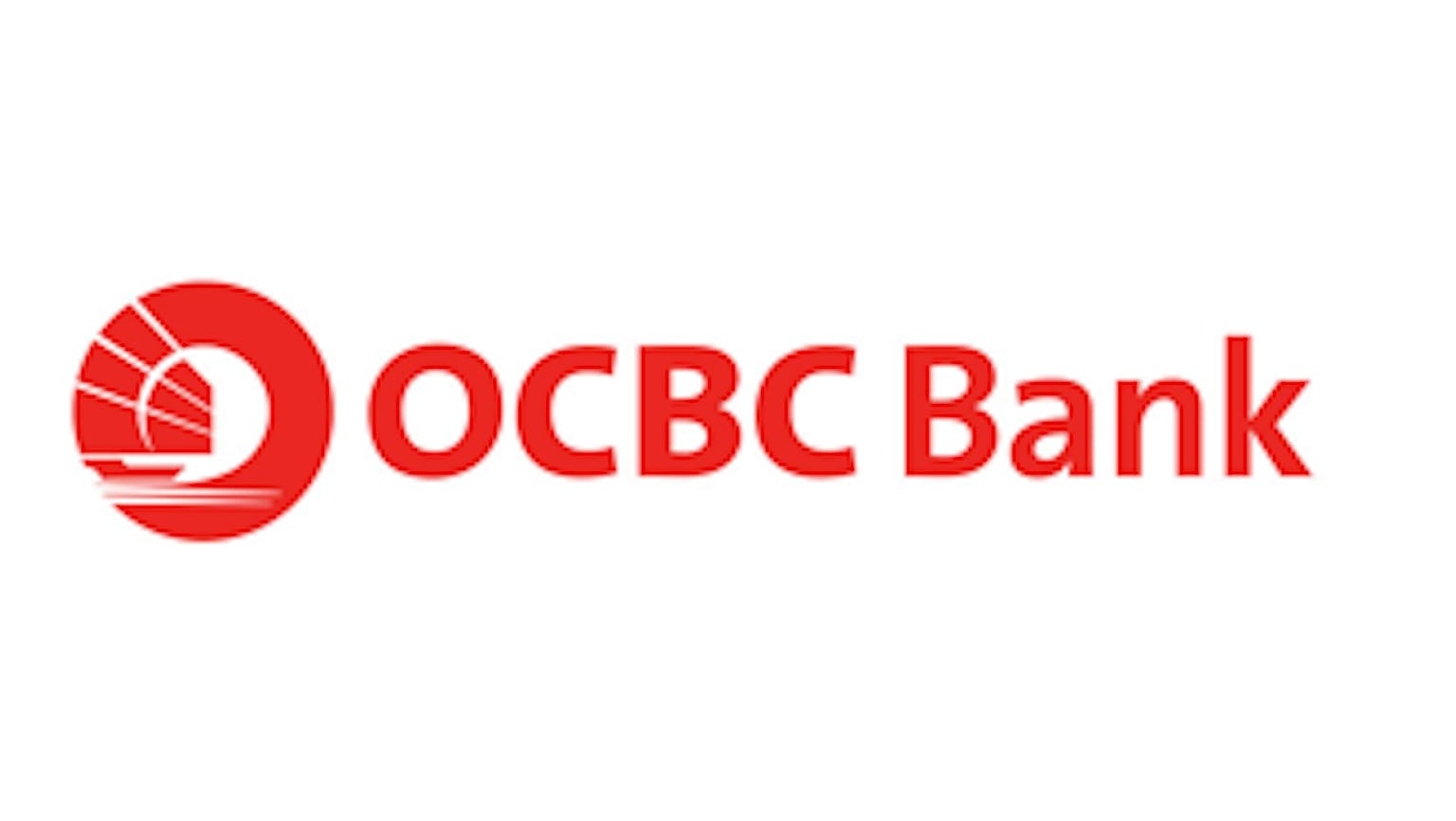
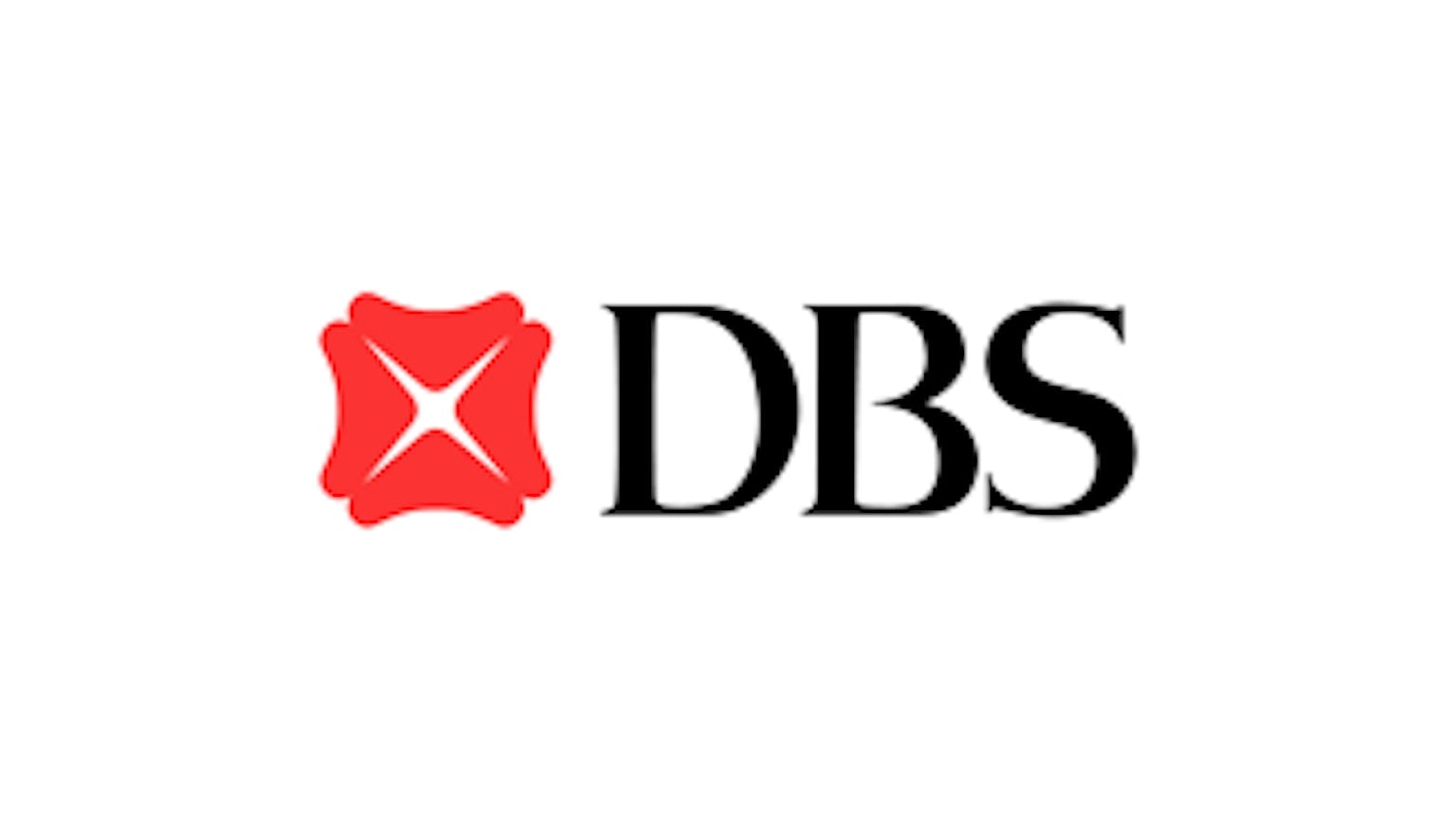

Please leave your knowledge and opinion!